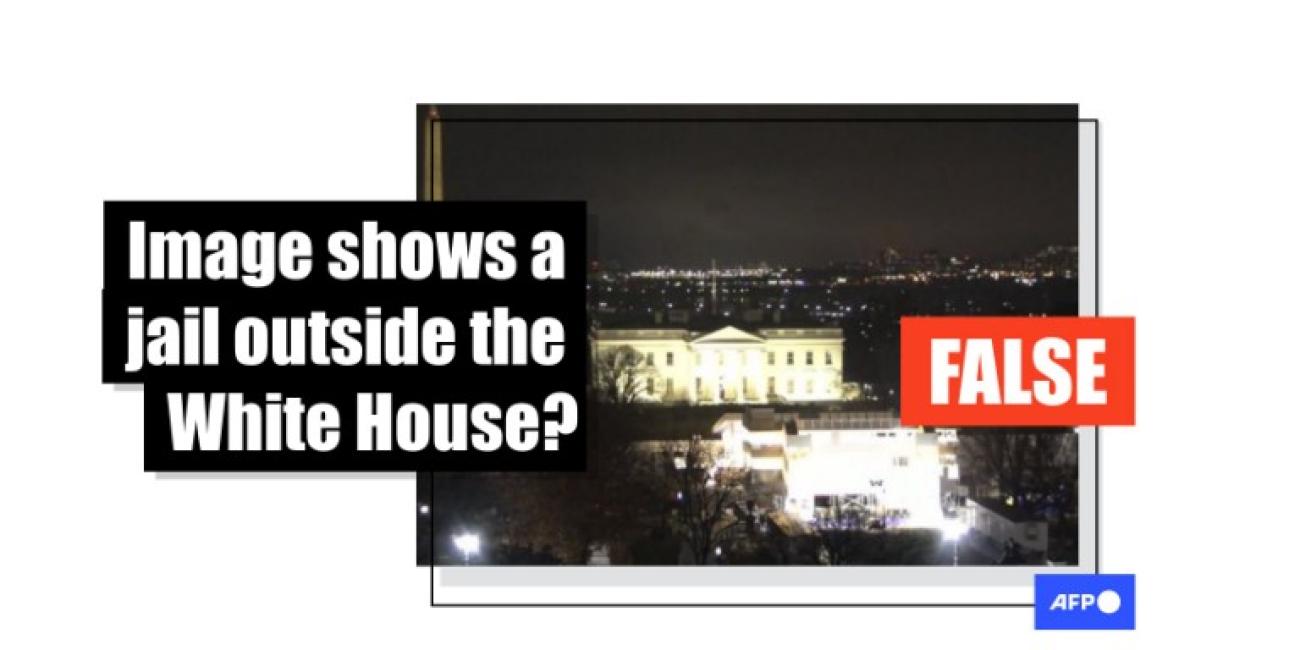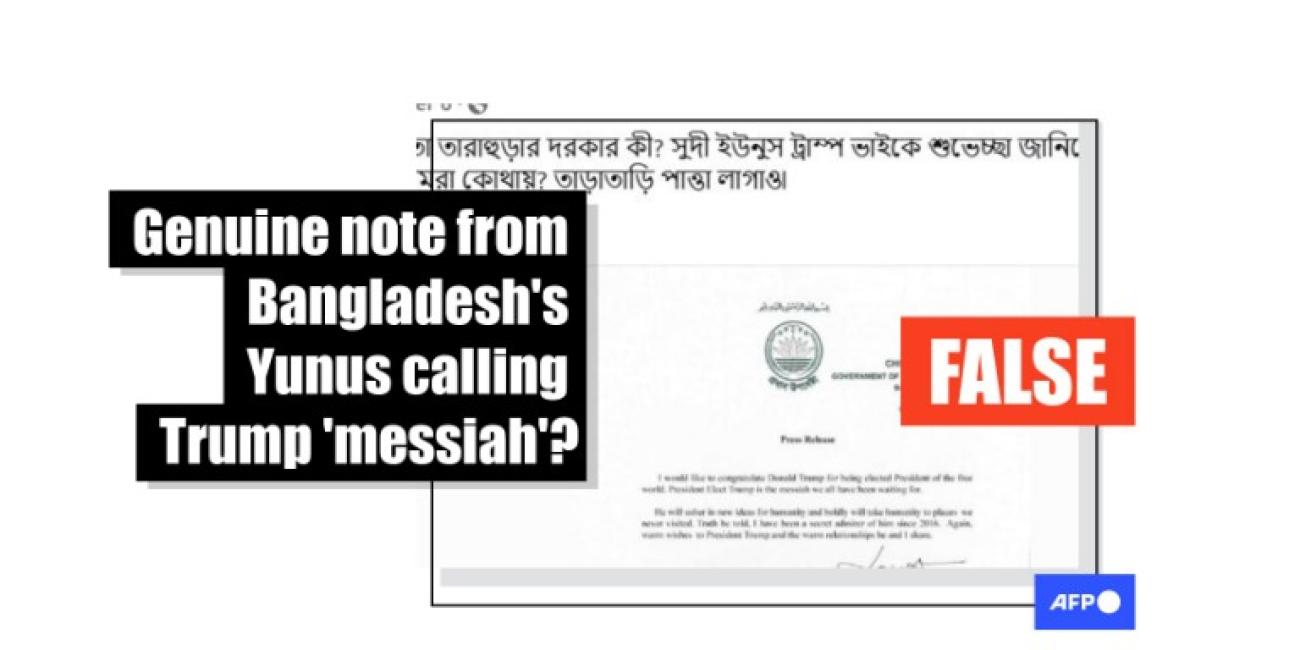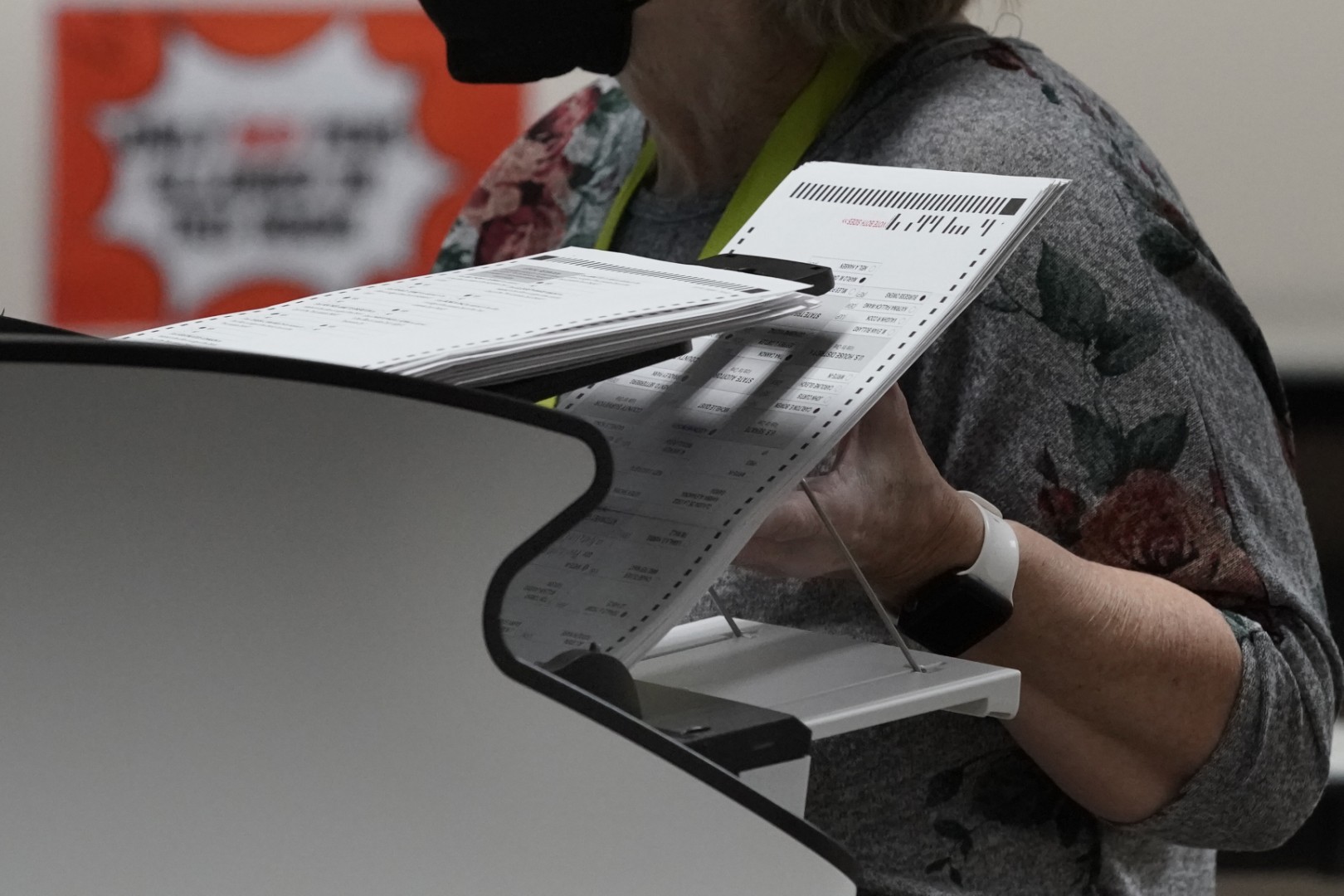
Posts falsely claim Pentagon failed to send ballots to overseas troops
"The Pentagon Forgets to mail Absentee Ballots to the Military? Right, this had to have been done purposely," says a November 2, 2024 X post.
"This is beyond unconstitutional! We have to get those ballots to the Military and Postpone the counting of votes, until every AMERICAN CITIZEN is allowed to Vote!"
The same claim appeared on Instagram and TikTok, some linking to an online article citing concerns raised by three Republican congressmen accusing the Biden administration of shortcomings in providing ballots. The lawmakers said they heard reports that stockpiles of ballots on bases had been "depleted" (archived here).
InfoWars founder and conspiracy theorist Alex Jones claimed the situation means "active-duty US military for the first time in history are blocked from voting while illegal aliens are allowed to vote" -- amplifying misinformation about migrants that has permeated the presidential campaign.
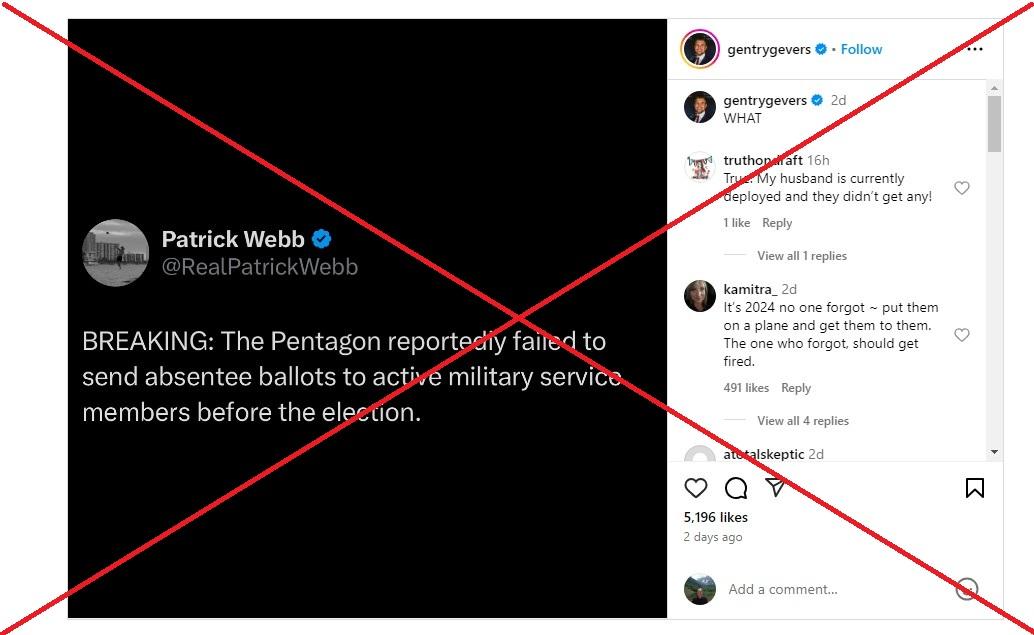
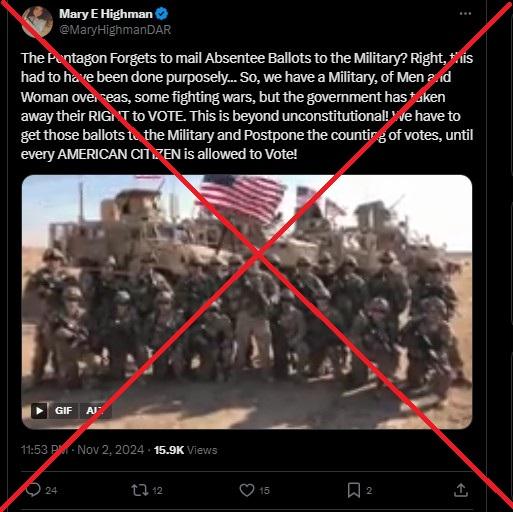
The posts are the latest to cast doubt on the election between Democratic Vice President Kamala Harris and Republican presidential nominee Donald Trump. AFP has previously debunked numerous claims of malfeasance affecting early voting -- including fraud among overseas voters.
Many target swing states such as Pennsylvania, which has sent an estimated 25,000 ballots to overseas civilian and military voters in 2024. A federal judge there dismissed a lawsuit from the Republican Party in late October after courts in the battleground states of Michigan and North Carolina threw out similar complaints alleging officials did not verify US citizenship (archived here).
The latest claims online misrepresent the role of the Defense Department in the voting process.
A Defense Department spokesperson told AFP in a November 5 email that "the claim is false," pointing to comments from press secretary Major Pat Ryder at a November 4 briefing (archived here).
"We continue to recommend all voters register and request an absentee ballot. Those deadlines vary depending on states," Ryder said.
The Uniformed and Overseas Citizens Absentee Voting Act (UOCAVA), which has been in effect since 1986, requires states and territories to allow absentee voting for military personnel and other overseas citizens. The law mandates states -- not the Pentagon -- to send ballots at least 45 days before a federal election (archived here).
Each jurisdiction manages this process separately, meaning ballots will vary depending on local races.
Ryder alluded during the briefing to the Federal Voting Assistance Program, which helps provide information to both military and civilian overseas voters (archived here).
"We do have a robust education program in terms of getting the word out on how service members and their families can obtain their absentee ballots no matter where you are, whether it's overseas or whether it's stationed outside of your state," he said.
Ryder added that "if a service member has requested a ballot and it hasn't arrived, they can use the federal write-in absentee ballot immediately at FVAP.gov/FWAB, and this acts as a back-up ballot."
The website directs users to a map where they can select their state and county from drop-down menus to request a ballot.
More of AFP's coverage of 2024 election misinformation is available here.
Copyright © AFP 2017-2026. Any commercial use of this content requires a subscription. Click here to find out more.
Is there content that you would like AFP to fact-check? Get in touch.
Contact us


